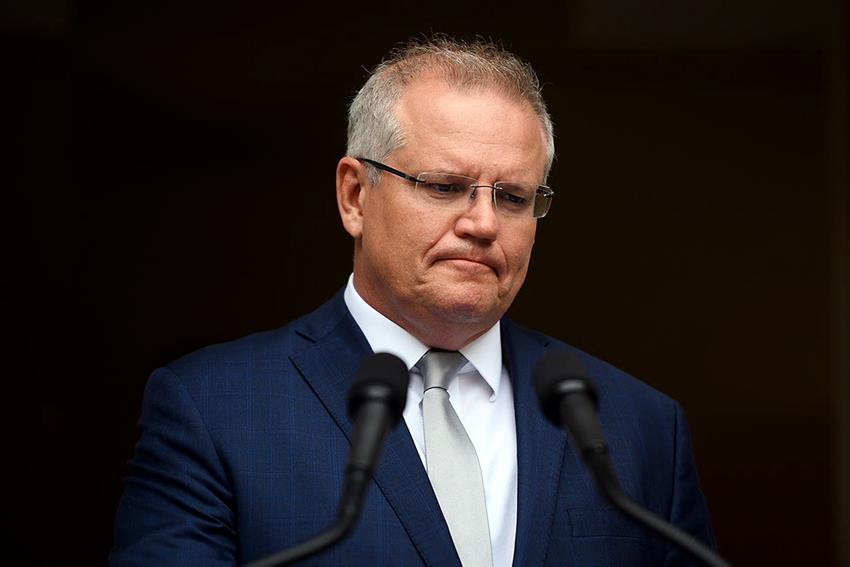
Back in 2013, I wrote a piece on
The Political Sword with the curious title:
The myth of political sameness. Its purpose was to debunk the commonly held view that ‘politicians are all the same’.
I drew on the comprehensive work of
George Lakoff, a cognitive linguist and philosopher at the University of California, Berkeley, best known for his thesis that the lives of individuals are significantly influenced by the central metaphors they use to explain complex phenomena. He explained his thesis in a
Penguin book:
The Political Mind.
The essence of his thesis rests on a central metaphor: ‘Nation as Family’. He elaborates on this as follows:
The Nation is a Family.
The Government is a Parent.
The Citizens are the Children.
Building on the ‘Nation as Family’ metaphor, Lakoff identifies two types of family based upon two distinct styles of parenting, which he assigns to conservatives and progressives respectively. (Note that in our system of government, these terms apply to the Coalition and Labor respectively). When applied to the ‘Nation as Family’ metaphor, they result in vastly different behaviours.
The two parenting styles are:
The Strict Father model, and
The Nurturant Parent model.
The Strict Father model is at the centre of the conservative worldview. The progressive worldview centres on a very different ideal for family life, the Nurturant Parent model, which encompasses both parents.
Lakoff asserts that the Strict Father model is a metaphorical version of an economic idea. He explains:
It is based on a folk version of Adam Smith’s economics: If each person seeks to maximize his own wealth, then, by an invisible hand, the wealth of all will be maximized. Applying the common metaphor that ‘Well-Being Is Wealth’ to this folk version of free-market economics, we get: If each person tries to maximize his own well-being (or self-interest), the well-being of all will be maximized. Thus, seeking one’s own self-interest is actually a positive, moral act, one that contributes to the well-being of all.
Does that remind you of Scott Morrison’s interpretation of his Pentecostal beliefs, namely that wealth is good?
Lakoff goes on to cite some words and phrases used over and again in conservative discourse, words that reflect the Strict Father model:
Character, virtue, discipline, tough it out, get tough, tough love, strong, self-reliance, individual responsibility, backbone, standards, authority, heritage, competition, earn, hard work, enterprise, property rights, reward, freedom, intrusion, interference, meddling, punishment, human nature, traditional, common sense, dependency, self-indulgent, elite, quotas, breakdown, corrupt, decay, rot, degenerate, deviant, lifestyle.
How many times have you heard Morrison and other Coalition members use words such as these?
If in your mind you’re questioning the proposition that Morrison is now behaving as the ‘Strict Father’, reflect on some of his utterances over recent times: ‘Just do it’, or ‘Don’t do it - is that plain enough?’ Or simply 'Stop it' - it's ridiculous!' Recall how many times he has lectured the electorate on what he regards as acceptable, and what is not. I’m sure you will have no difficulty bringing such instances to mind; the COVID-19 pandemic has exposed many. Nor will you forget his dictatorial attitude in giving us such directives. Even media commentators are now characterising Morrison as 'an angry father'.
Some of you will accept this behaviour as reasonable and appropriate . That’s fine, so long as you realize what sort of national leader we have. While this behaviour might be acceptable to some, I suspect even they would have a caveat: so long as he’s right!
In accepting Morrison’s ‘Strict Father’ behaviour, we are also accepting his judgement, which in turn is predicated on his political ideologies and his belief system. To expect the electorate to accept unthinkingly his decisions on this basis is a big call.
What are you prepared to accept from our national leader?
Current rating: 4.5 / 5 | Rated 29 times